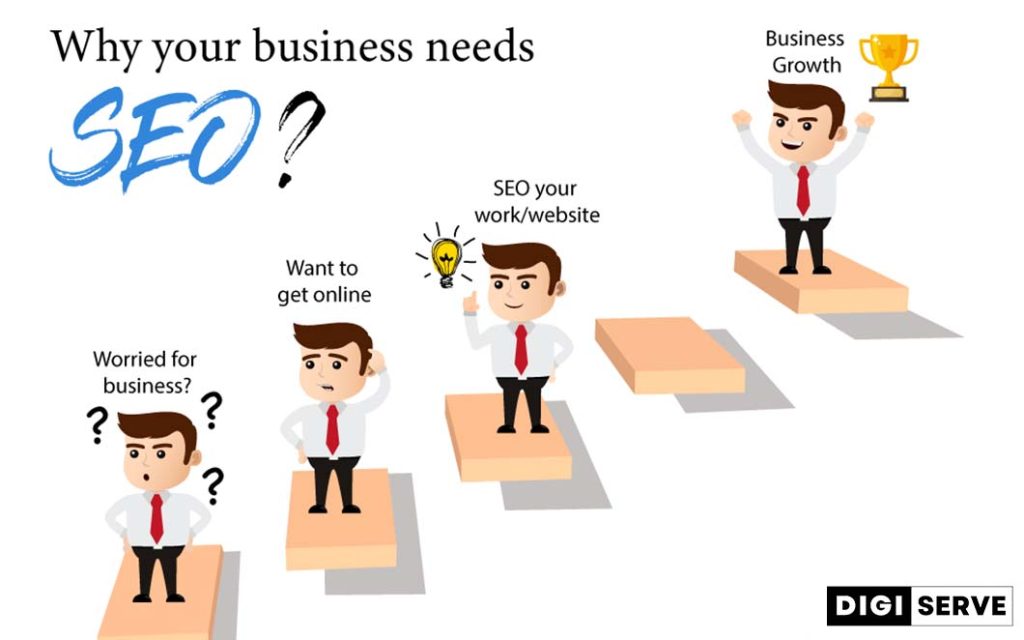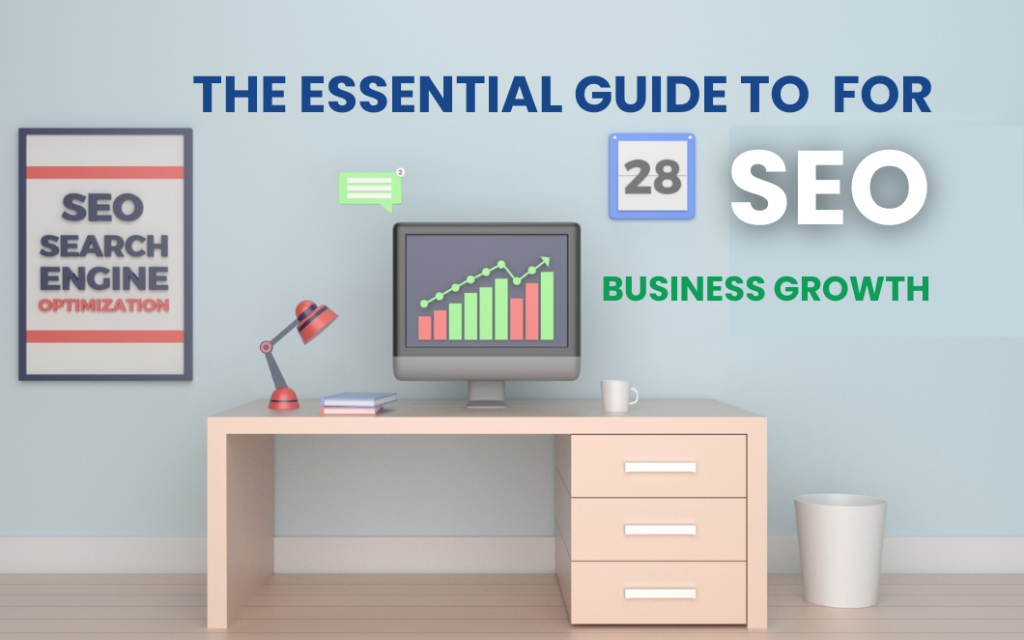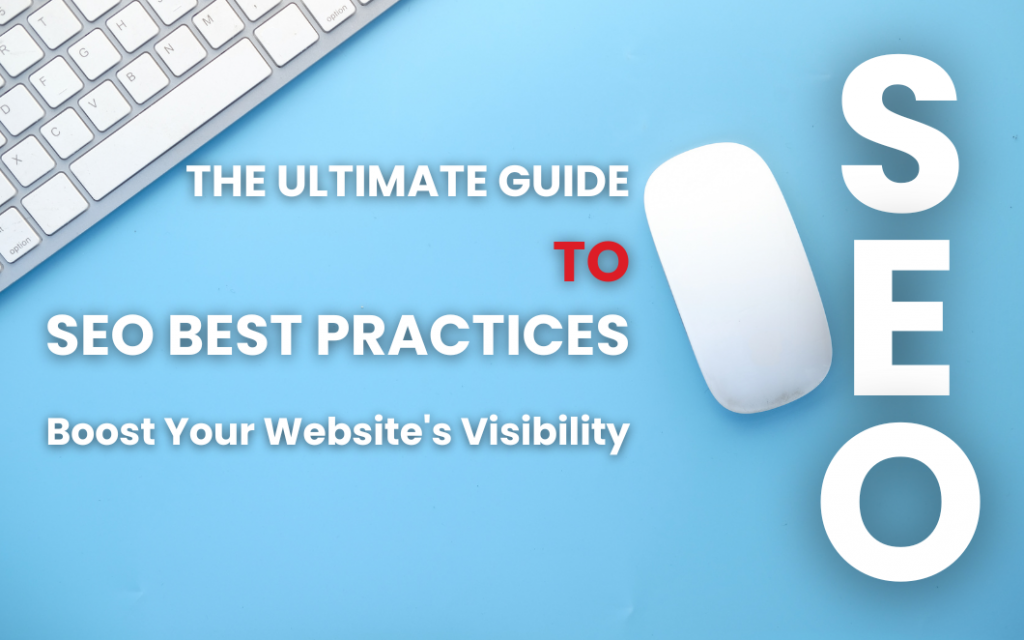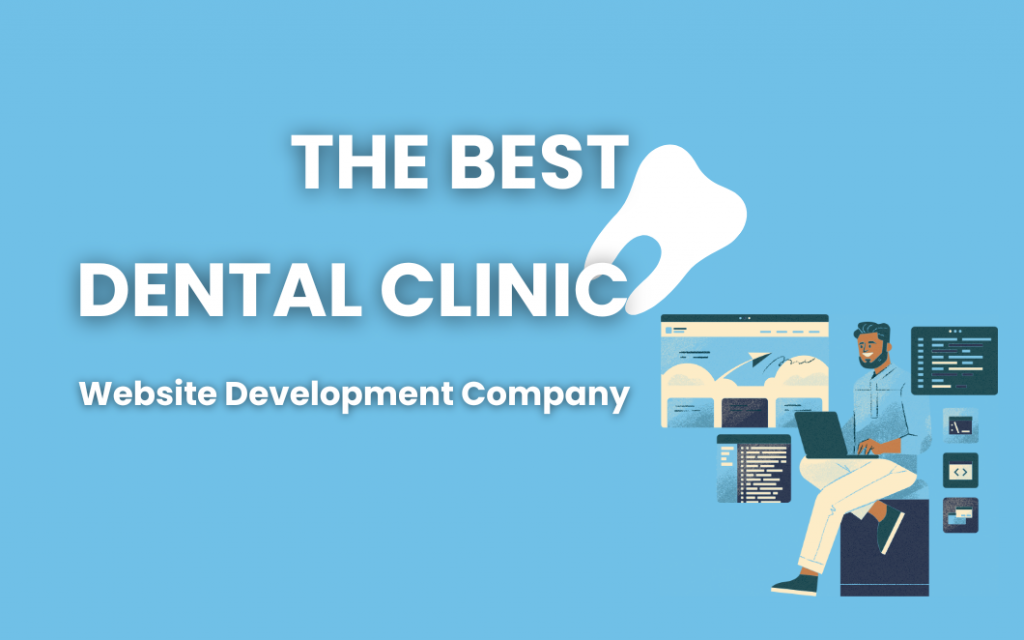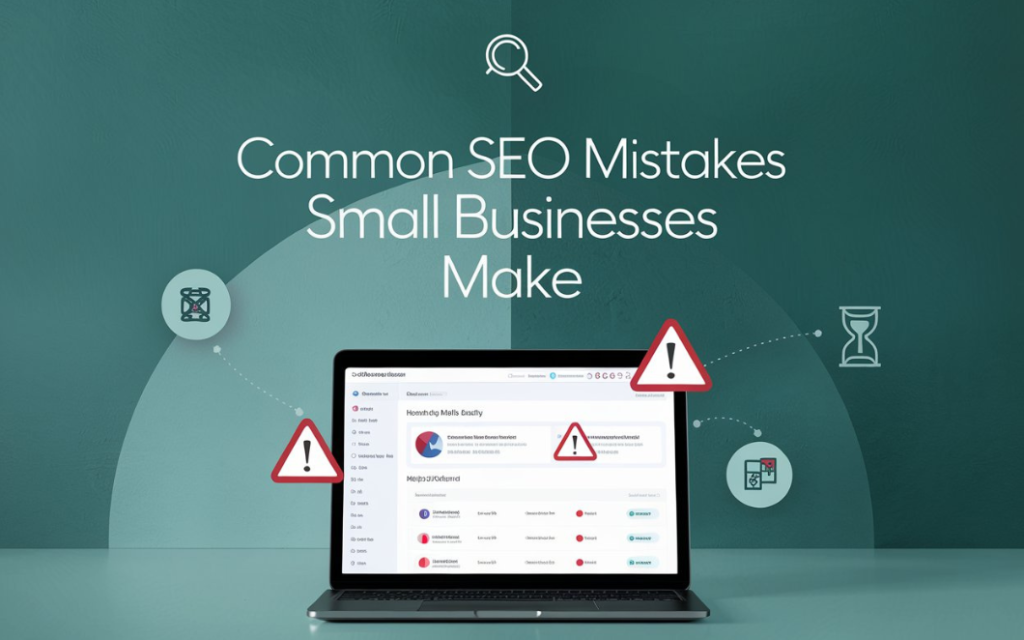
Table of Contents
ToggleWhat Are Some Common SEO Mistakes Small Businesses Make?
SEO (Search Engine Optimization) is essential for any business trying to get noticed online. For small businesses, especially, getting SEO right can lead to more visibility, website traffic, and, ultimately, more customers. However, small businesses often make some common SEO mistakes that can hurt their online presence. In this blog, we’ll explore these common mistakes and how you can avoid them.
1. Not Having a Clear SEO Strategy
One of the biggest mistakes small businesses make is not having a clear SEO strategy. Some businesses jump into SEO without knowing what they want to achieve or how to measure success. SEO is more than just adding keywords to your website; it’s about understanding your audience, researching competitors, and creating a plan that helps you rank better in search engines.
How to Avoid:
Start by creating a detailed SEO strategy. Identify your target audience, the keywords they are searching for, and what your competitors are doing. Use tools like Google Analytics, Google Search Console, and keyword research tools to gather this data. From there, develop a plan with clear goals and milestones.
2. Targeting the Wrong Keywords
Many small businesses make the mistake of targeting keywords that are either too broad or too competitive. For example, a small bakery may try to rank for a keyword like “best bakery,” but larger, established bakeries will dominate that keyword. Instead, it’s better to focus on more specific, long-tail keywords that have less competition.
How to Avoid:
Use tools like Google Keyword Planner or Ubersuggest to find keywords that are relevant to your business but not overly competitive. Instead of broad terms, look for phrases that reflect what your customers are actually searching for, such as “organic bakery in [your city].”
3. Ignoring Local SEO
If you’re a small business that serves a local audience, ignoring local SEO can be a huge mistake. Local SEO helps businesses rank higher in search results for people who are looking for services in a specific area. Without local SEO, you may miss out on customers in your neighborhood or city.
How to Avoid:
Make sure your website is optimized for local search. This includes having a Google My Business profile, using location-specific keywords, and ensuring your name, address, and phone number (NAP) are consistent across all online listings.
4. Not Optimizing for Mobile Users
More people are using mobile devices to search the web than ever before. If your website isn’t mobile-friendly, you could be losing a lot of potential customers. Google even uses mobile-first indexing, which means it prioritizes the mobile version of websites when ranking them.
How to Avoid:
Ensure your website is responsive, meaning it adjusts and works well on any screen size. You can test how mobile-friendly your site is using Google’s Mobile-Friendly Test tool. Additionally, focus on improving the site’s loading speed, as slow sites can cause visitors to leave quickly.
5. Poor Website Structure and Navigation
A common mistake is having a website that is difficult to navigate or poorly structured. If users can’t find what they’re looking for easily, they will leave your site. This not only frustrates users but also signals to Google that your website isn’t user-friendly, which can hurt your rankings.
How to Avoid:
Make sure your website has a clear, simple structure with easy-to-find menus and links. Use headings (H1, H2, etc.) to organize content and help search engines understand the structure of your pages. Also, ensure that important pages, like your homepage and service pages, are easily accessible from the main menu.
6. Neglecting Content Quality
Content is one of the most important aspects of SEO. Many small businesses focus too much on keywords and forget to create high-quality, engaging content. Keyword stuffing (using too many keywords unnaturally) can make content unreadable and even lead to penalties from Google. On the other hand, thin content (pages with little or no valuable information) won’t rank well.
How to Avoid:
Focus on creating content that provides value to your audience. Write blog posts, guides, or how-to articles that answer common questions your customers have. Make sure to use keywords naturally and avoid keyword stuffing. Also, update your content regularly to keep it fresh and relevant.
7. Overlooking Meta Tags and Descriptions
Meta titles and descriptions are small pieces of text that appear in search results. These are important because they help search engines understand what your page is about, and they can influence whether people click on your site. Many small businesses overlook this, leaving these fields blank or not optimizing them.
How to Avoid:
For every page on your website, create a unique and descriptive meta title and description that includes your main keyword. This helps both search engines and users understand what your page is about and encourages clicks from search results.
8. Not Building Backlinks
Backlinks (links from other websites to yours) are one of the most important factors for ranking higher on search engines. However, many small businesses either ignore backlink building or go about it the wrong way. Getting low-quality or spammy backlinks can hurt your SEO, while not having any backlinks can make it harder for your site to gain authority.
How to Avoid:
Focus on building high-quality backlinks from reputable sources. You can do this by guest posting on relevant blogs, creating shareable content, and reaching out to influencers or industry leaders who may link to your website. Avoid buying links or engaging in link schemes, as these can lead to penalties.
9. Ignoring Analytics and Performance Tracking
SEO is not a one-time effort; it requires continuous monitoring and tweaking. Many small businesses set up their website and then forget about tracking their SEO performance. Without proper analytics, you won’t know what’s working and what needs improvement.
How to Avoid:
Set up tools like Google Analytics and Google Search Console to track your website’s performance. These tools provide insights into how much traffic you’re getting, what keywords are driving that traffic, and where you can improve. Regularly review your data and adjust your SEO strategy as needed.
10. Focusing Only on SEO
While SEO is important, focusing only on SEO and neglecting other aspects of your online presence can be a mistake. For example, having great SEO won’t help if your website provides a poor user experience, or if you’re not active on social media, which can help build brand awareness and drive traffic.
How to Avoid:
SEO should be part of a broader digital marketing strategy. In addition to SEO, focus on providing a great user experience, maintaining an active social media presence, and building a strong brand. This will help create a well-rounded online presence that attracts and retains customers.
11. Using Outdated SEO Practices
SEO is constantly evolving, and what worked five years ago may no longer be effective today. Unfortunately, many small businesses are still using outdated SEO practices, such as keyword stuffing, relying solely on meta keywords, or using low-quality links.
How to Avoid:
Stay updated on the latest SEO trends and best practices. Regularly read blogs from reputable SEO experts or follow SEO news to keep yourself informed about what’s working in the current SEO landscape. Avoid using outdated practices that could harm your website’s rankings.
12. Not Optimizing for User Intent
Search engines are getting better at understanding what users are really looking for when they type in a search query. If your website doesn’t match user intent, it may not rank well, even if you’re targeting the right keywords.
How to Avoid:
When creating content, think about the intent behind the keywords you’re targeting. Are users looking for information, a specific product, or a service? Tailor your content to meet their needs and provide the most relevant, useful information for their query.
13. Forgetting About Technical SEO
Small businesses often focus on content and keywords but overlook the technical side of SEO. Technical SEO involves things like site speed, secure connections (HTTPS), and making sure your website can be crawled and indexed by search engines. If search engines can’t properly access your site, it won’t rank well.
How to Avoid:
Perform regular technical SEO audits using tools like Screaming Frog or Google Search Console. Ensure your website loads quickly, is secure, and has no broken links or errors that could prevent search engines from indexing it. Fix any issues as soon as they arise.
14. Not Using Social Proof and Reviews
Customer reviews and social proof (testimonials, user-generated content) can play a big role in local SEO. Many small businesses miss the opportunity to leverage customer feedback to build trust and improve rankings in local search.
How to Avoid:
Encourage your satisfied customers to leave reviews on your Google My Business profile, Yelp, or other relevant platforms. Respond to reviews, both positive and negative, to show that you value customer feedback. These reviews can help build credibility and improve your local SEO performance.
Conclusion
SEO can be a powerful tool for small businesses to grow their online presence and attract more customers. However, making these common mistakes can hurt your SEO efforts. By avoiding these pitfalls and focusing on best practices, small businesses can improve their search rankings, drive more traffic, and ultimately achieve their business goals. Remember that SEO is an ongoing process, and it requires consistent effort, analysis, and adaptation to stay competitive.
Local SEO Company Vancouver – How DigiServe Helps Local Businesses Grow
Local SEO Company Vancouver | DigiServe Local SEO If you...
Read MoreHow Much Does SEO Cost in Australia?
How Much Does SEO Cost in Australia? SEO cost in...
Read MoreSEO for Gutter Cleaning Services: How to Get More Local Customers from Google
SEO for Gutter Cleaning Services: How to Get More Local...
Read MoreBest Web Design Company in Australia
Best Web Design Company in Australia If your website is...
Read More



